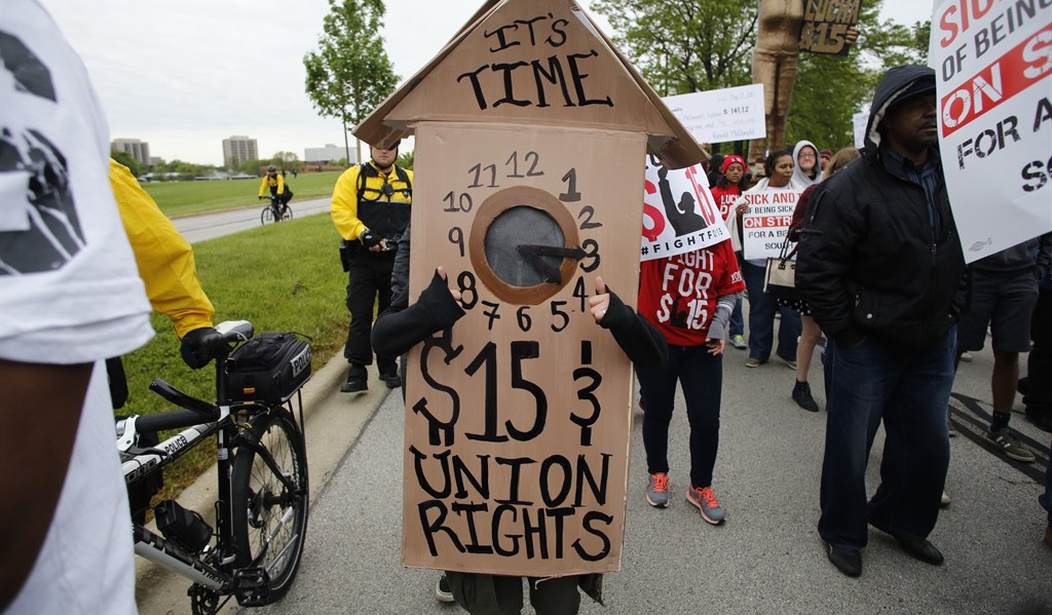Last week, the Los Angeles City Council approved an increase in the legally required minimum wage to result in a minimum wage of $15.00 per hour by 2020. During the months preceding the City Council's decision, the underlying intellectual position in favor of the increase in the minimum wage was that everyone should receive a living wage. The arguments against raising the minimum wage revolve around the possibility that certain businesses such as restaurants will close based on their inability to pass along such wage increases to their customers. Opponents also argue that jobs will move elsewhere, whether it is another U.S. city or overseas if the minimum wage is increased.
The arguments presented above have not changed very much over the past fifty years. It is axiomatic that most interested individuals would like to see minimum wage discussions disappear because the overall community is more highly educated and lower wage jobs are the province of young individuals who will soon move into the marketplace of skills and ideas. Sadly, such is not the case.
Enter the union leaders of Los Angeles. Now, the Federation of Labor in Los Angeles is asking for exemptions from the minimum wage for companies where the workers are represented by a union. The position is that workers represented by unions should have leeway to negotiate a wage below the amount mandated by law. The underlying theory according to Randy Hicks, a leader of both the county Federation of Labor and the Raise the Wage coalition is " "With a collective bargaining agreement, a business owner and the employees negotiate an agreement that works for them both. The agreement allows each party to prioritize what is important to them. This provision gives the parties the option, the freedom, to negotiate that agreement. And that is a good thing."
Recommended
And now, the Mad Hatter enters stage left. Apparently, only a union worker should be able to work for a wage that is less than a 'living wage'. And that union worker is apparently able to work for that lower wage and also able to pay union dues to support the crack union negotiating team working to procure or maintain his or her wages that are less than those required by the new minimum wage law.
In this Alice in Wonderland proposal by the unions, two identical restaurants serving the same food, hiring from the same labor force, located on the same street and owned by the same person could be operating under two different sets of laws with respect to the wages paid to their employees. Restaurant A, operating under a union contract, would be able to negotiate wages less than the minimum wage. Restaurant B, operating without a union contract, would be forced to pay a minimum wage higher than the wages paid by Restaurant A. Likely, Restaurant A would charge their customers lower prices than Restaurant B and drive Restaurant B out of business costing the employees of Restaurant B their higher paying jobs.
It does sound like the unions are looking for their own form of crony capitalism in Los Angeles. Who would think that the unions would accept and lobby for lower wages for their members in an effort to compete successfully with entities paying higher wages to their employees? What is the purpose of a union if it is attempting to successfully negotiate lower compensation for its members? Only in Wonderland, also known as Los Angeles.

























Join the conversation as a VIP Member